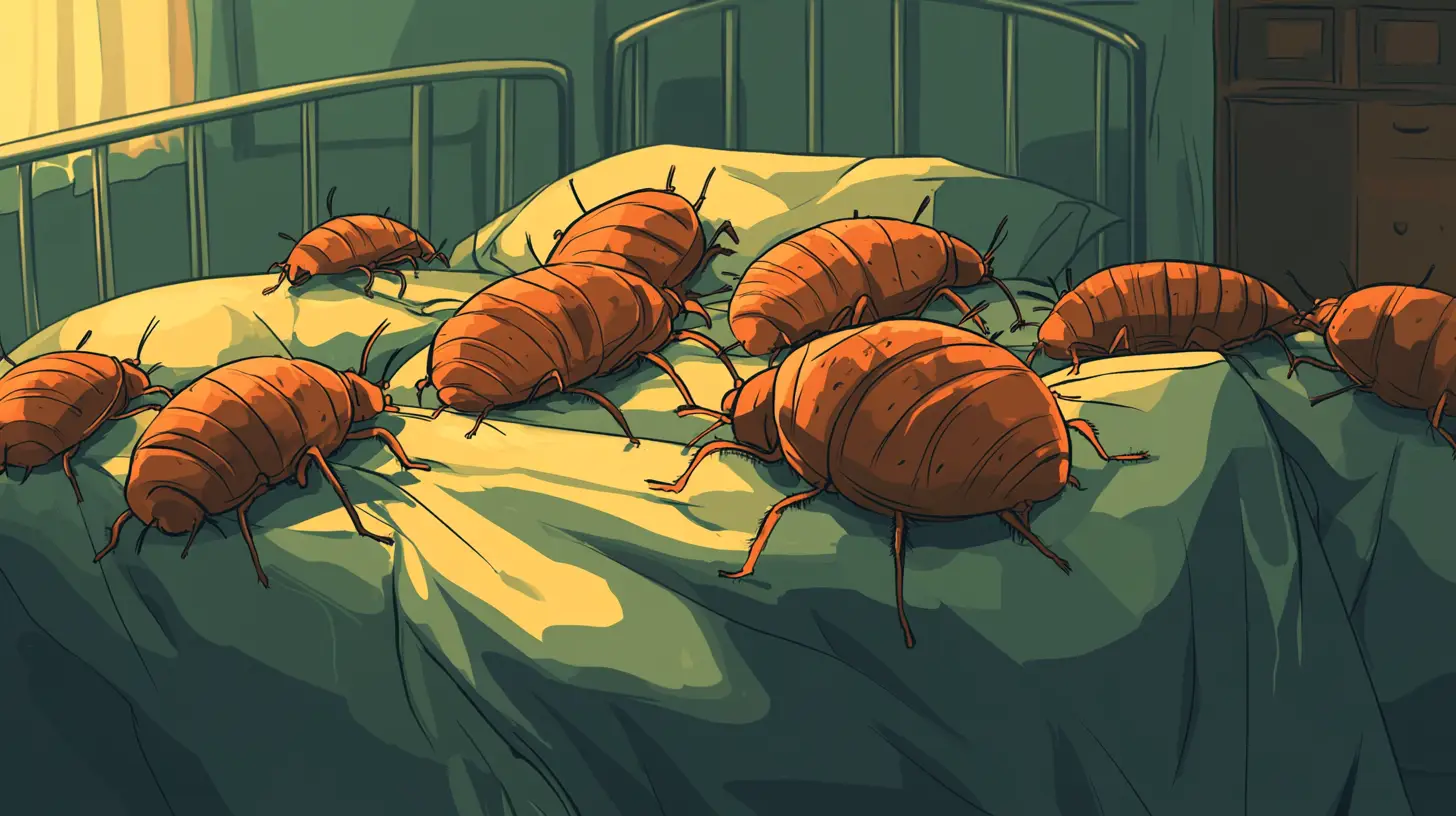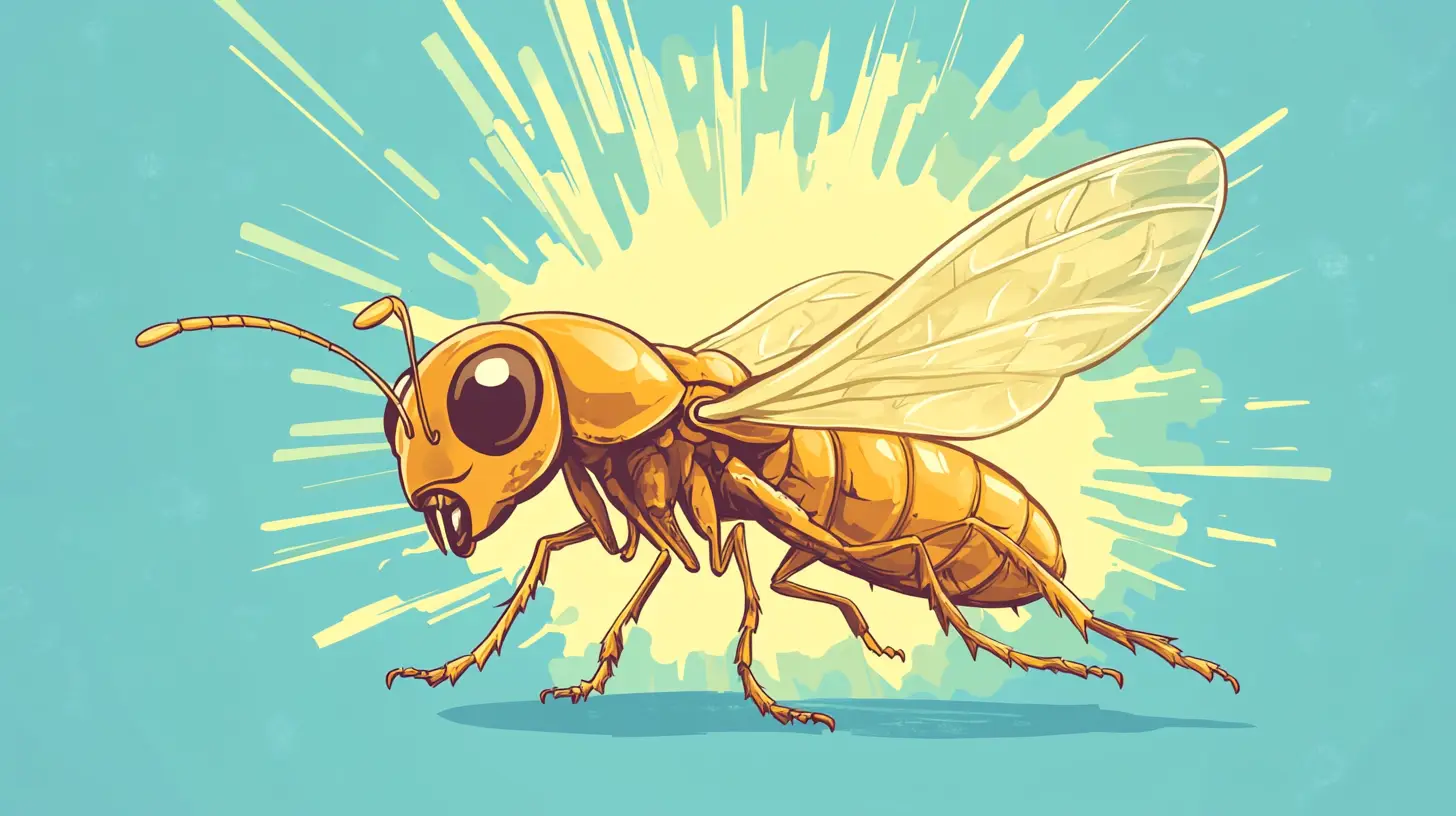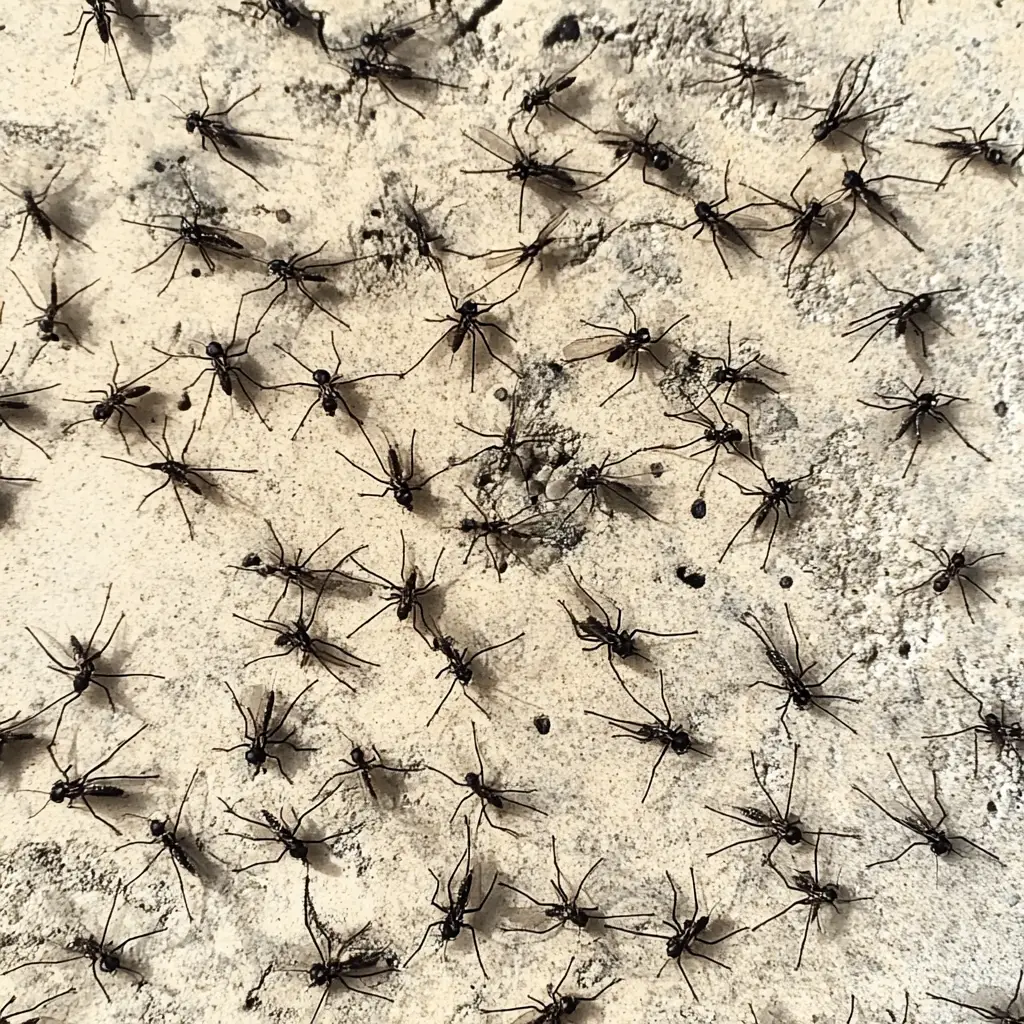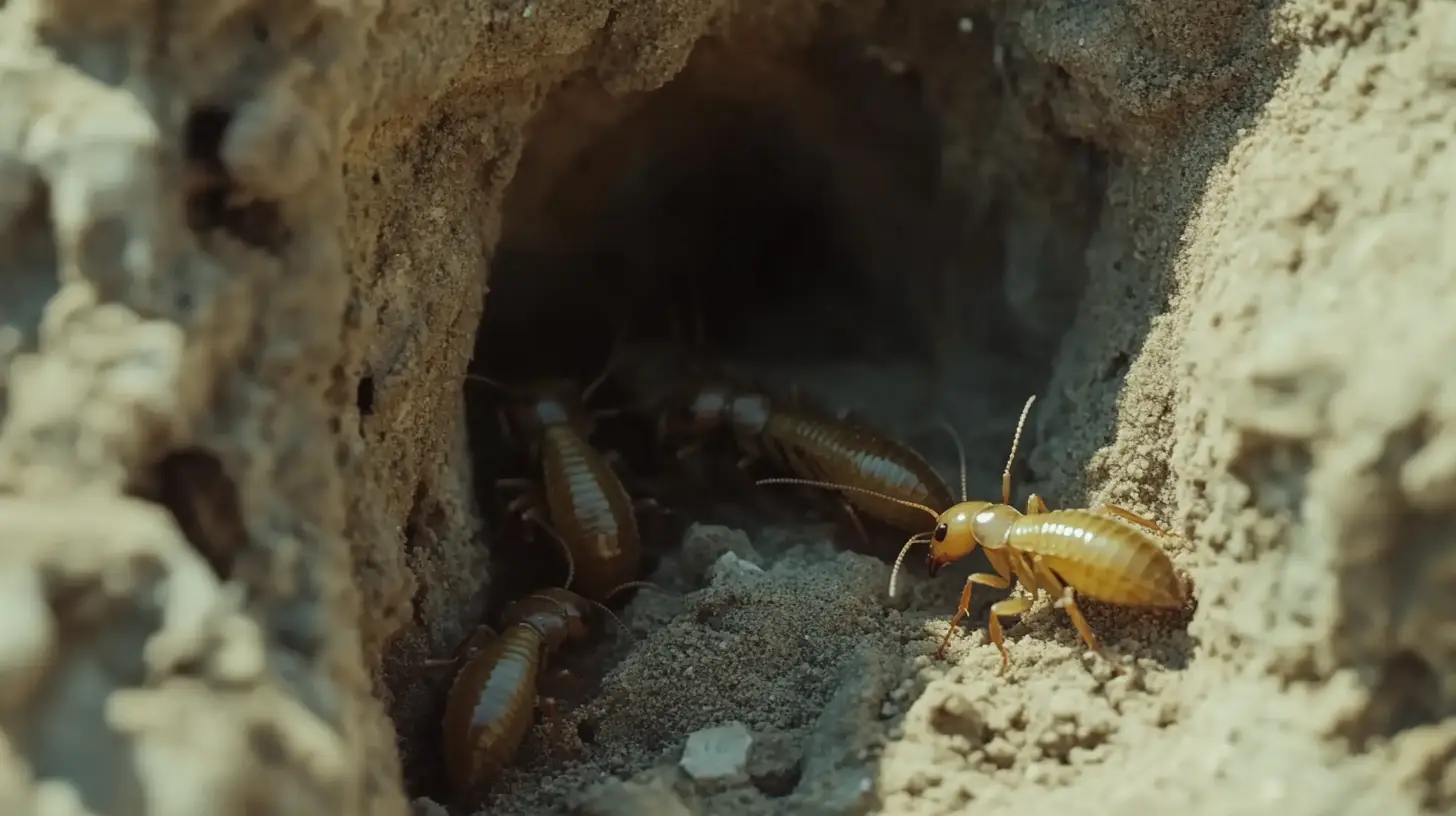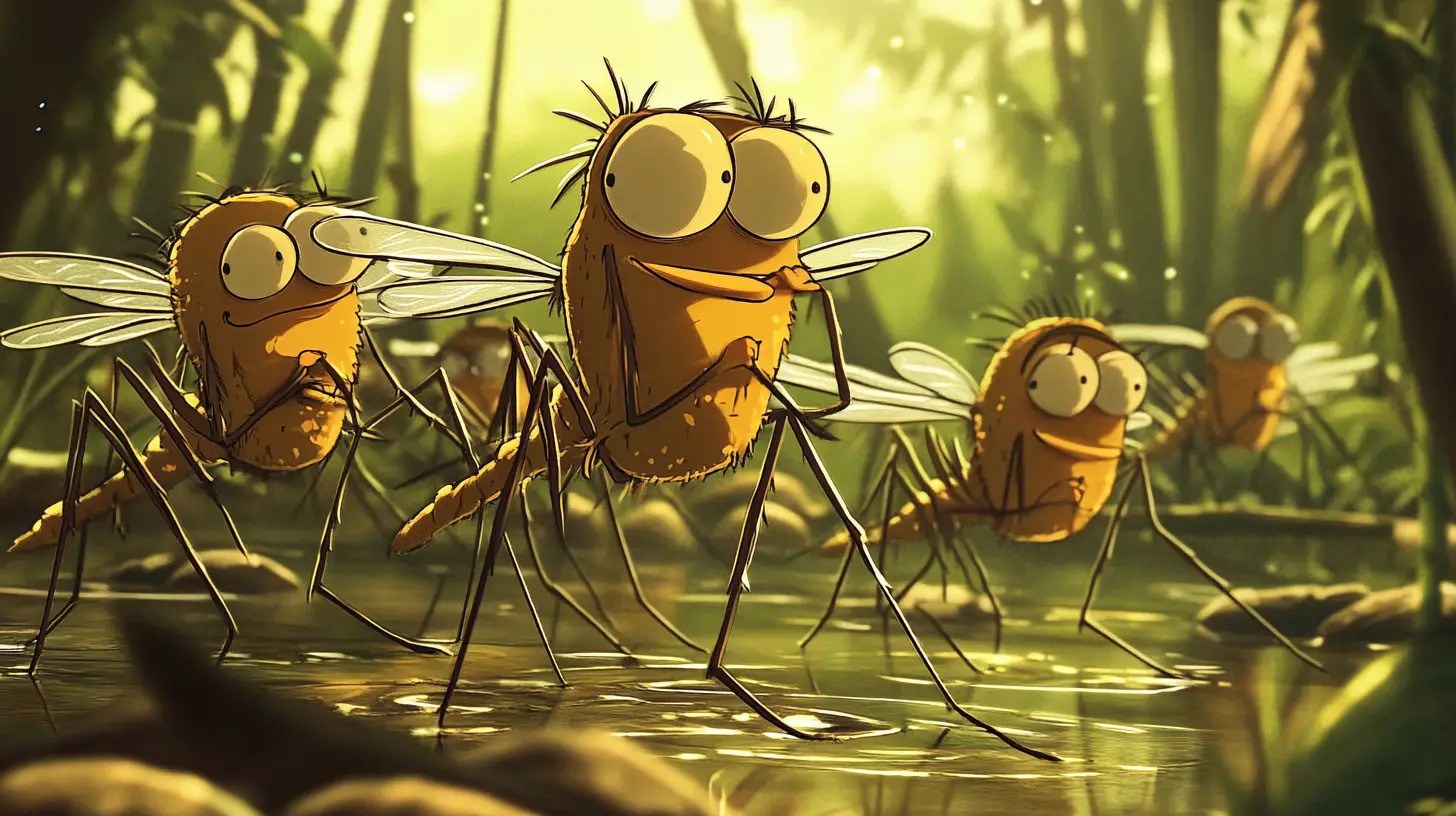
Bradenton, FL is no stranger to mosquito season — but in recent years, the stakes have grown higher. With rising concerns about diseases like dengue and West Nile Virus, understanding mosquito treatment and prevention has become a vital part of life for local residents.
From mosquito pest control methods to public health alerts, staying informed and proactive can make a real difference during Bradenton’s peak mosquito months.
Key Takeaways
- Recent dengue and West Nile Virus activity in Manatee County highlights the growing importance of mosquito control in Bradenton.
- Peak mosquito season runs from May to October, when the risk of bites and disease transmission is highest.
- Proactive mosquito spraying and surveillance efforts are underway to protect the community.
- Integrated Pest Management (IPM) strategies — combining source reduction, larval control, and targeted spraying — deliver the best mosquito control results.
- Community participation is essential for long-term mosquito population management.
Current Health Concerns: Why Mosquito Control Matters
In late 2024, three locally acquired dengue cases were reported in Manatee County, which includes Bradenton. Although dengue fever has traditionally been associated with tropical regions, its presence here marks a notable shift — and a reminder that mosquito control is more important than ever.
Additionally, sentinel chickens in Manatee County tested positive for West Nile Virus (WNV) antibodies, a clear indicator that the virus was circulating in local mosquito populations. While no human WNV cases were confirmed, the detection of WNV highlights the ongoing risk.
How Bradenton Is Responding: Proactive Mosquito Control

In response to these health concerns, the Manatee County Mosquito Control District implemented proactive measures, including aerial spraying operations over Bradenton neighborhoods. These targeted efforts aimed to quickly reduce mosquito populations and lower the chances of disease transmission.
The district also employs advanced surveillance tools like CO₂-baited light traps and gravid traps. These devices help identify specific mosquito species and assess population densities, allowing for highly targeted mosquito spraying strategies during high-risk periods.
Peak Mosquito Season in Bradenton
Bradenton’s peak mosquito season runs from May through October, when warm temperatures and increased rainfall create the perfect conditions for mosquito breeding.
During these months, mosquito populations can surge dramatically, making mosquito treatment for your yard and community involvement crucial for reducing exposure to mosquito-borne illnesses.
Residents are encouraged to stay vigilant, eliminating standing water around their homes and using repellents as extra protection.
What Is the Most Effective Mosquito Control Strategy?
The most effective mosquito control approach in Bradenton is an Integrated Pest Management (IPM) strategy — the same one used by local mosquito control authorities.
This involves combining several methods:
- Source reduction: Eliminating standing water where mosquitoes breed.
- Larval control: Using products like mosquito dunks or larvicides in water sources.
- Adult mosquito control: Targeted mosquito fogging and mosquito spraying during peak hours.
- Public education and outreach: Encouraging community efforts to report mosquito issues and reduce breeding habitats.
By layering these strategies, Bradenton can achieve long-term reductions in mosquito populations while minimizing environmental impact.
Is It Worth Spraying Your Yard for Mosquitoes?

In Bradenton’s climate — where warm, humid conditions allow mosquitoes to thrive — spraying your yard for mosquitoes is a highly effective way to reduce nuisance bites and lower your risk of exposure to diseases like dengue and West Nile Virus.
Backyard mosquito pest control treatments are especially valuable during the rainy season, offering an extra layer of protection when mosquito numbers are at their highest.
How Much Does Mosquito Treatment Typically Cost?
The average cost for mosquito service in Bradenton ranges from $65 to $100 per treatment for a standard residential property. Larger properties or heavily landscaped areas may have slightly higher costs.
Seasonal mosquito protection plans are also available and often provide better value for those who want consistent coverage throughout the peak mosquito season.
Community Engagement: Why Every Resident Matters
Controlling mosquitoes isn’t just the responsibility of the local mosquito control district — it’s a community effort.
Bradenton residents are encouraged to:
- Regularly eliminate standing water in yards.
- Use EPA-registered insect repellents.
- Report mosquito issues to local authorities promptly.
- Stay informed through public resources and updates from the Manatee County Mosquito Control District.
Simple actions at the household level can dramatically reduce mosquito breeding and improve overall community health.
Final Thoughts
Mosquito treatment in Bradenton isn’t just about avoiding itchy bites — it’s a critical part of protecting public health.
With rising cases of mosquito-borne illnesses and ideal breeding conditions during Florida’s rainy season, combining personal protection with broader community efforts ensures that Bradenton residents can enjoy safer, more comfortable outdoor living.
Frequently Asked Questions (FAQs)
1. When is the worst time for mosquitoes in Bradenton?
The worst time for mosquitoes in Bradenton is from May through October, when the rainy season and warmer temperatures create ideal breeding conditions.
2. Has dengue been reported in Bradenton?
Yes, as of late 2024, three locally acquired dengue cases were reported in Manatee County, which includes Bradenton. While exact locations weren’t specified, residents should take preventive measures seriously.
3. How does Bradenton monitor mosquito activity?
Bradenton’s mosquito control district uses CO₂-baited light traps and gravid traps to monitor mosquito species and population levels, enabling targeted spraying and control measures.
4. What can residents do to help control mosquitoes?
Residents can help by eliminating standing water around their properties, using repellents, reporting mosquito issues to local authorities, and staying informed about mosquito prevention strategies.


